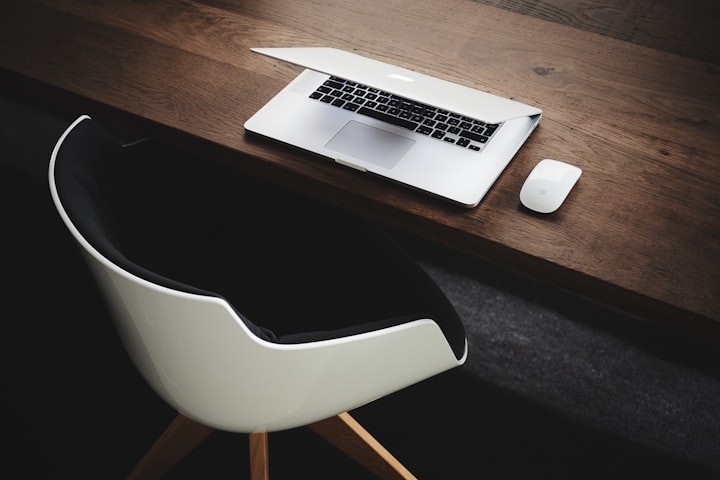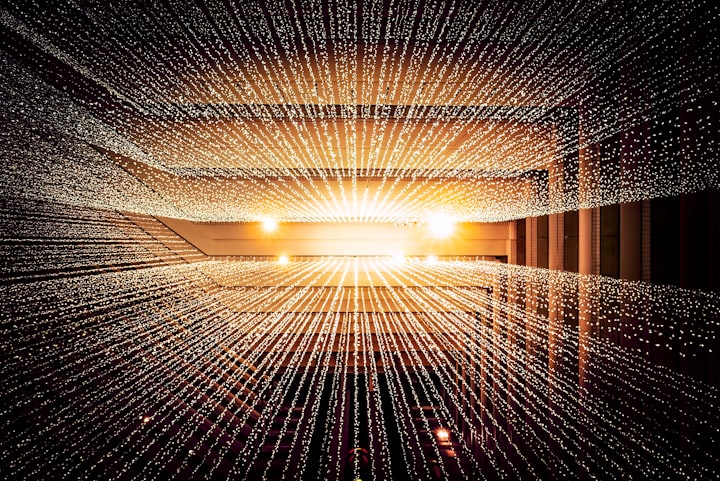
I. Introduction
A. Explanation of why computer speed is important
Because it directly affects how fast and effectively you can do things on your computer, computer speed is crucial. A sluggish computer can frustrate users, substantially lower productivity, and waste time. When using resource-intensive programmes like video editing software or games, slow speeds might also lead to poor performance. Furthermore, a sluggish computer could be an indication of more serious problems, including malware infestations or hardware problems, which might jeopardise the stability and security of your system. To guarantee that your computer is performing at its best, it is crucial to spot and fix any speed issues as soon as possible.
B. Common reasons why a computer may be running slow
1. Malware or viruses: Malware infections or viruses can significantly slow down a computer's performance by using up system resources and causing system crashes.
2. Outdated software and drivers: Outdated software and drivers can cause compatibility issues and lead to slow performance.
3. Overloaded hard drive: When a computer's hard drive is nearly full, it can slow down the system as it struggles to find and access data.
4. Insufficient RAM: Insufficient RAM can cause a computer to slow down when running multiple programs or applications simultaneously.
5. Overheating: Overheating can cause a computer to slow down as it tries to regulate the temperature, which can lead to system crashes and damage to hardware components.
6. Unnecessary programs and startup items: Programs and applications that run in the background or start up automatically with your computer can slow down performance by using up system resources.
II. Common Causes of Slow Computer Speed
A. Malware or viruses
Malware or viruses can significantly slow down a computer's performance. Malware is malicious software designed to harm a computer or steal personal information. It can be acquired through email attachments, file downloads, or visiting infected websites. When malware infects a computer, it can consume system resources and cause system crashes, leading to slower performance.
B. Outdated software and drivers
Outdated software and drivers can also cause slow computer performance. Over time, software and drivers can become outdated and incompatible with new hardware and software updates, leading to performance issues.
C. Overloaded hard drive
An overcrowded hard disc may substantially slow down a computer. A full hard drive makes it more difficult for the computer to locate and retrieve data, which slows down operation.
It's also a good idea to often check the storage capacity of your hard disc and take precautions to avoid having too much data on it in the future. This may be achieved by routinely clearing up your computer's data and applications, storing larger files on external hard drives or cloud storage, and being selective about the files you download and keep. You may increase computer speed and performance by keeping your hard drive clear of pointless files and applications.
D. Insufficient RAM
Insufficient RAM can also cause a computer to run slow. RAM (Random Access Memory) is the temporary storage area where your computer stores data and programs that are currently in use. When the RAM is full, the computer starts to use the hard drive as temporary storage, which can significantly slow down the system.
E. Overheating
Overheating is another common cause of slow computer performance. When a computer overheats, it can slow down or even shut down to prevent damage to the hardware components.
To address overheating, it is important to keep your computer's cooling system clean and free of dust and debris. This can involve regularly cleaning the fans and vents to ensure proper airflow, as well as checking that the cooling system is functioning properly. Additionally, it is important to ensure that your computer is not placed in an area that restricts airflow, such as inside a closed cabinet or next to a heat source.





Comments
There are no comments for this story
Be the first to respond and start the conversation.